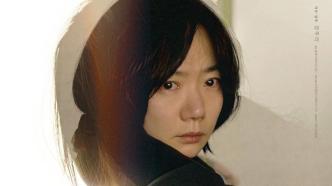
In the cruel movies made by Koreans, no matter how miserable the people at the bottom are, there are always one or two exits, or they can resort to violence, or have a dramatic fate. Driven by vengeance and justice, they can also fight against the darkness (such as "Parasite" and "Han River Monster").
In most cases, it is the camaraderie of the police force, or the families, communities, and organizations that help each other. In the darkness, there is always an island illuminated by human touch. Genuine care between people is the bottom line. Here, people can preserve the complexity and temperature of human nature, and avoid being completely swallowed by darkness.
Korean movies are often long-winded. They always like to tell things thoroughly, and for this they do not hesitate to sacrifice artistry and fill the blank space with plots.
But after a while, I will find a Korean movie with realistic themes to watch. Because this kind of movie is always full of energy, and it does not hesitate to kill one thousand enemies and self-injury eight hundred, but also to rummage through the pain. They are serious displays of social ills. Although all stubborn illnesses point to the same source, the directors are never discouraged in the face of unsolvable problems. They took the trouble to photograph people's various painful ways of living under the pressure of the system.
"The Next So-hee" written and directed by Jolie Jung is also on the list, but it is obviously different from other Korean movies that depict low-level people. This is not a humane buffer zone. People are separated by glass, so it is difficult to warm each other. The oppressed can neither resort to violence nor use words to fight. The motivation for revenge was insufficient, and the impulse of justice was consumed into Pei Douna's tearful eyes.
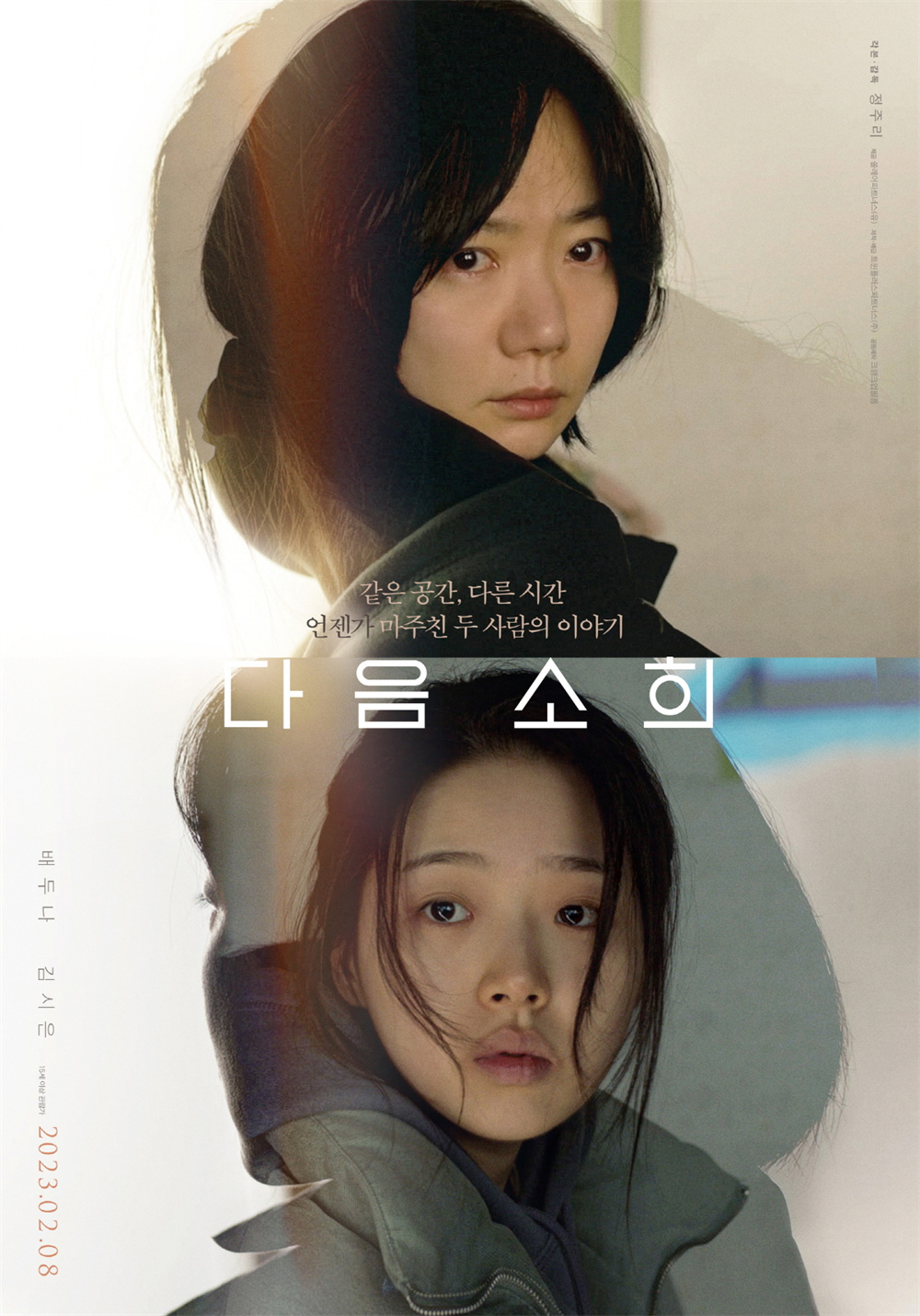
"The Next So Hee" poster
Young people wither quickly, and fate is not even stingy with ups and downs. The death in the film is also silent. A man in a triple plywood committed suicide in a closed compartment. A young girl who is oppressed by the workplace throws herself into the winter reservoir without any splash. Two deaths are not the beginning of vengeance, but the end of justice. The female policewoman played by Bae Doona retraces the path of the young girl Su Hee before her death. Not only did she fail to uphold justice, she also shouldered Su Hee's death and died again.
"The Next So Hee" is also very long, a full 134 minutes. The protagonist of the first paragraph is Su Hee. She walked the short distance from internship to death alone in the cold fog. In the second paragraph, Yoo Jin walked into the mist where Su Hee disappeared, and with her strength, she blew away some of the mist, revealing more faces that were not seen.
Suxi, a girl from a vocational high school, is recommended by the school to work as a customer service officer for a large company, acting as a human line of defense to prevent telecom customers from unsubscribing. The only criterion for this job is performance. When Suxi joined the company, the company had evolved into a deformed field where the turnover of employees was extremely high, and wages were owed as much as possible. The bullying discipline in the workplace has produced a room full of young female employees (most of them are interns, because it is easier to squeeze labor), and Suxi is the one who dares to defend herself the most.
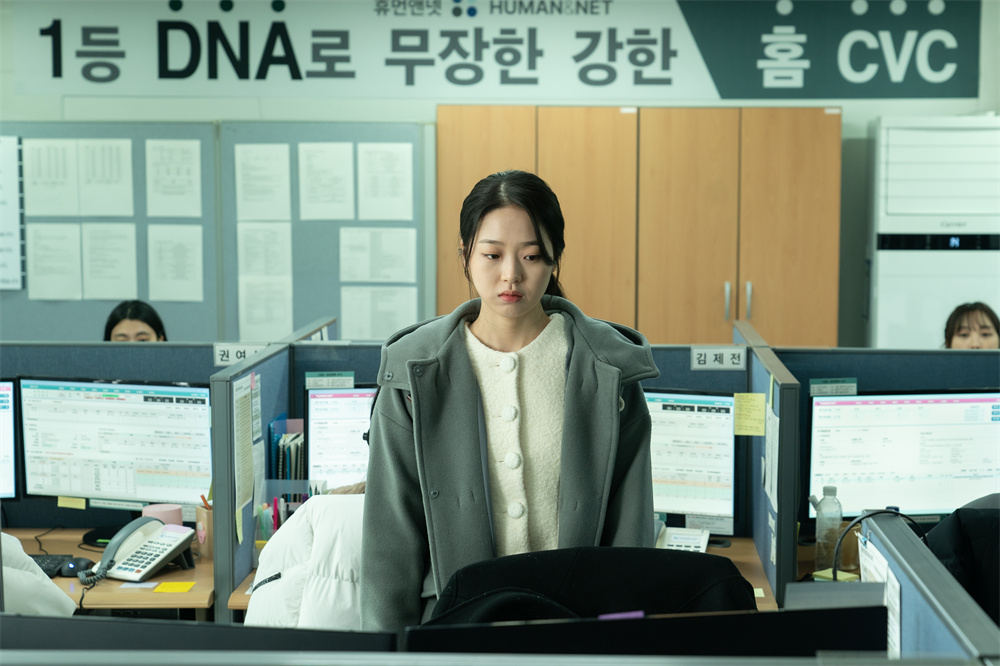
Kim Si Eun as So Hee
After So Hee's death, Yoo Jin, a female police officer in charge of the death investigation, appeared. She visited Su Hee's relatives, friends and classmates, visited her school, company and education bureau, pieced together Su Hee's living environment from the former, and weaved a dense net from the latter's rhetoric. On the dense network, everyone is just doing their own duty, but they form a cold knife array, cutting off the lives and hopes of Suxi and her companions.
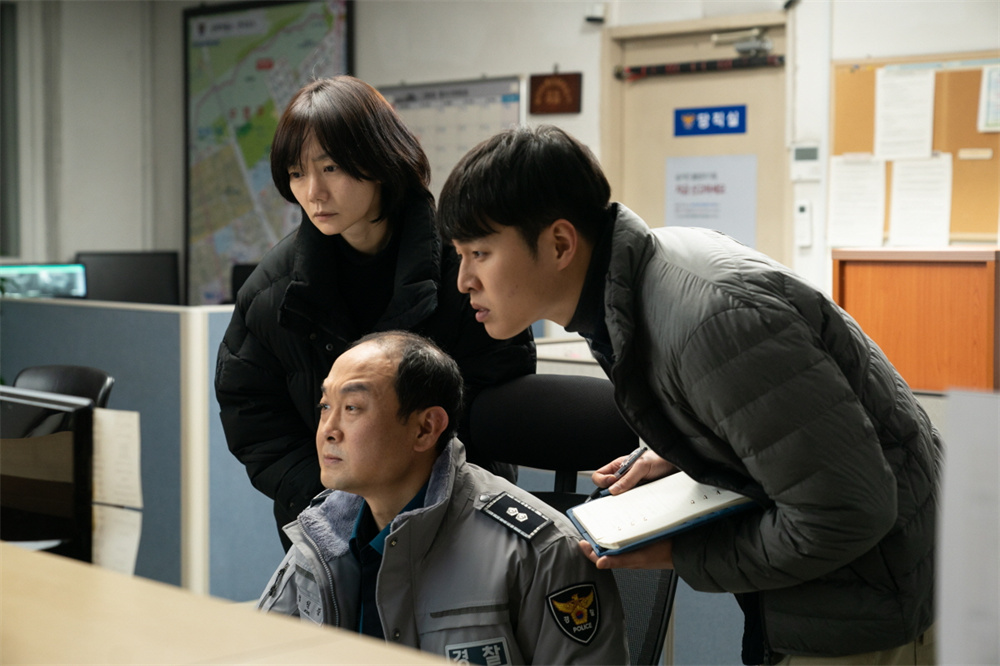
Stills of "The Next So Hee"
It would be enough if the movie was only filmed until Su Hee's death. Yujin met Suxi twice in the dance practice room at the beginning and the mortuary at the end, which is enough to complete the comparison between those who died in the performance society and the survivors.
Kim Si Eun who plays So Hee is a good actor. She infused So Hee, a victim, with pungent life force, made her dance, confront others fiercely, yearned for a life as a white-collar worker, lingered in open-shelf cosmetics counters, bistros, and girlfriends' bedrooms, and mourned the death of her boss in spite of the ban . In other dramas, So Hee will be the lucky heroine with immortality, the girlhood of all Bae Doo Na's characters, and the last one in "Squid Game".
The role of Su Hee makes it difficult for the audience to find excuses and attribute her desperation to personal ability or character flaws. At most, it is said that she has poor compression resistance, enough hardness, and insufficient toughness. But this thought flashed, and it was already too harsh. Strong and cute as Su Hee, Su Hee, who will become Bae Doo Na (screen image), danced so beautifully, and finally ended her life quietly, without leaving a single word of complaint.
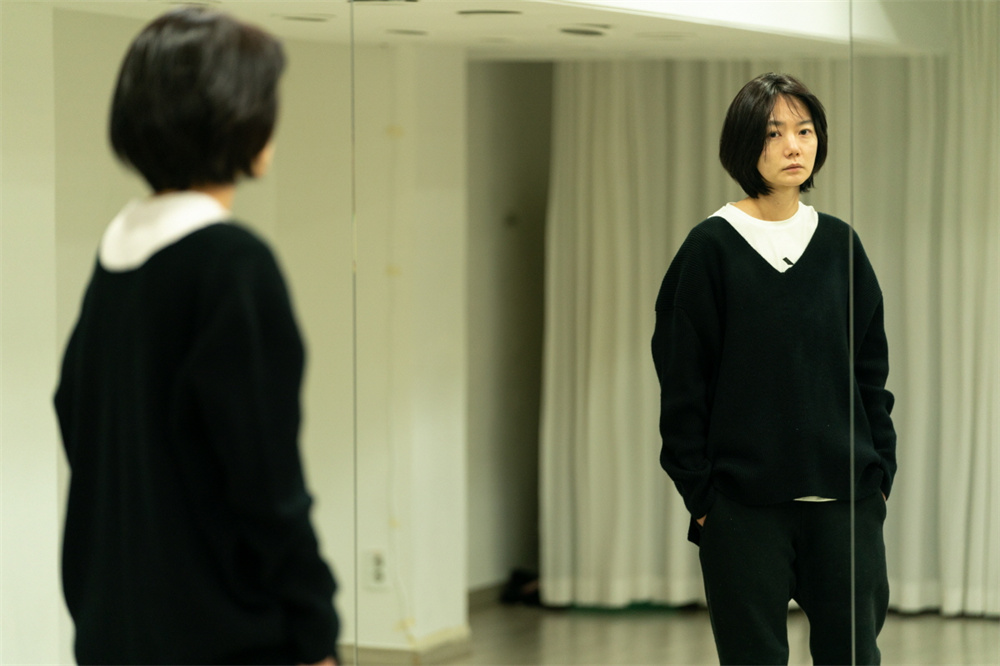
Bae Doo Na as Yoo Jin
The second part of Youzhen's investigation and accountability for her death made the audience even more sad. The director must have done it on purpose, because although the audience sympathized with So Hee, they always felt that they were Yu Jin. We habitually put ourselves in the role of Yoo Jin, enjoying her complicity in using police power to reprimand So Hee's death, and she did it.
We would rather be Yoo Jin (Bae Doo Na) than So Hee. Bae Doona is the lucky one, with a rich family background and a smooth star career, a free and easy personality, good acting skills and abundant humanity. She has played so many female cops and heroines, and what she does, she never comes away empty-handed.
But the sense of security given by actress Bae Doo-na did not last long. Yujin, who had a politically depressed expression when she appeared on the stage, the more she pursued the case, the more resentful she became. What she was investigating was a mass murder case without a direct murderer. In the end, the only thing that can be revealed is a scandal at best. Her hard pursuit is doomed to be fruitless, and this is a situation that even Pei Douna can't do anything about.
Yoo Jin is even lonelier than So Hee. From the beginning to the end, she was alone, with neither colleagues who understood her nor a boss who supported her. She battles the indestructible system, like Don Quixote's knight's journey. It's just that her situation is even more miserable, because the justice and fairness she strives for is completely vulnerable to performance and financial groups.
The filming of Yujin's section is very straightforward and lacks technique, and hardly adds new angles and information to the first section. Yoo Jin sat in the small restaurant where Su Hee had rested before his death, and there were identical spots of light on her feet. This repetition makes people impatient and reduces the viewability of the film, but it also succeeds in finally dragging the audience out of the safe zone and approaching So Hee's world with Yu Jin.
In this segment, Yoo Jin revisits So Hee's social network as a third party. We saw the companions and friends who fell with her and were used as fuel before they left their status as high school students, all of them looked tired and unable to care for others. Seeing her parents, numb and ignorant, they don't understand their daughter, and they don't understand how society works. It seems that just being alive has exhausted all their energy. The grief of losing their daughter does not converge into the power of revenge. They can't point out the exact murderer, nor can they be like the men and women in the genre. They can only continue to be ordinary people, shedding tears and lives.
The school that should protect Su Hee has long been transformed into an institution for companies to send cheap new blood. The Education Bureau uses the success rate of the students it pushes as the only assessment standard for the school. The school is completely weak, and can only follow the lead of the employer. Suxi and her homeroom teacher's several laughing and joking intersections are just to tell everyone that even if there are more warm people like her homeroom teacher and her boss who committed suicide, they are nothing but a mantis in the face of the evil of the system.
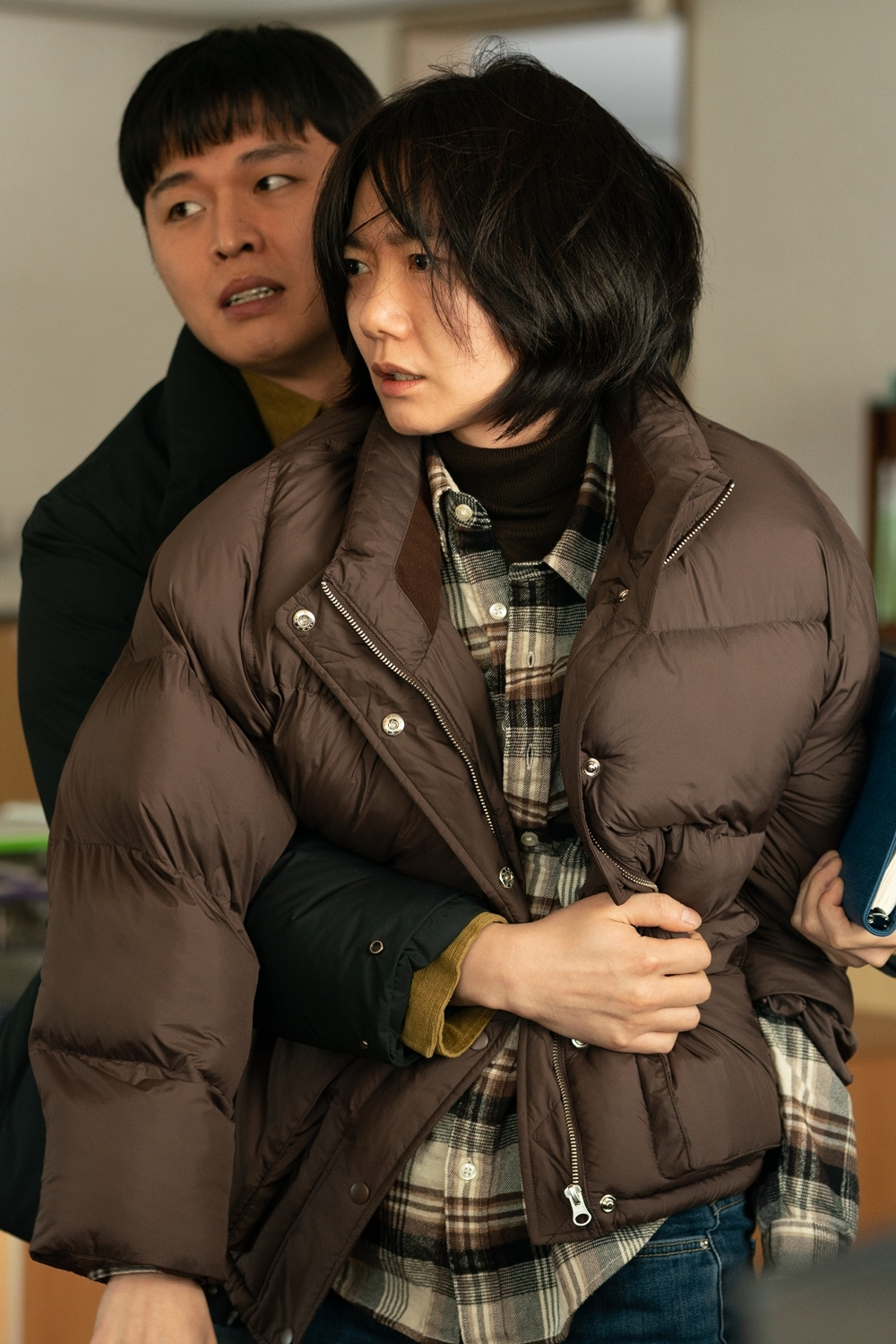
Stills of "The Next So Hee"
Capital growth and technological development seem to be a one-way street. So Hee and Yoo Jin are one or two of those ripples. Along the way, everyone they meet has a similar expression. These people's words flashed and their eyes wandered, as if they were in an unpleasant sleepwalking, they wanted to wake up, but they didn't want to be disturbed by Suxi and Yuzhen.
So Hee and Yoo Jin, two out-of-place women who don't want to wake up and dream, can only be seen as the black sheep. They sleepwalk through the group, disturbing other people's dreams. But why is everyone unwilling to wake up? Being unemployed is the worst nightmare of all.
In "The Next So Hee", there is nothing that audiences, especially East Asian audiences, cannot understand or experience. We are all too familiar with those looks, as we are with performance ranking sheets and reprimands on the wall. So I forgive the film for its verbosity and appreciate its bravery.
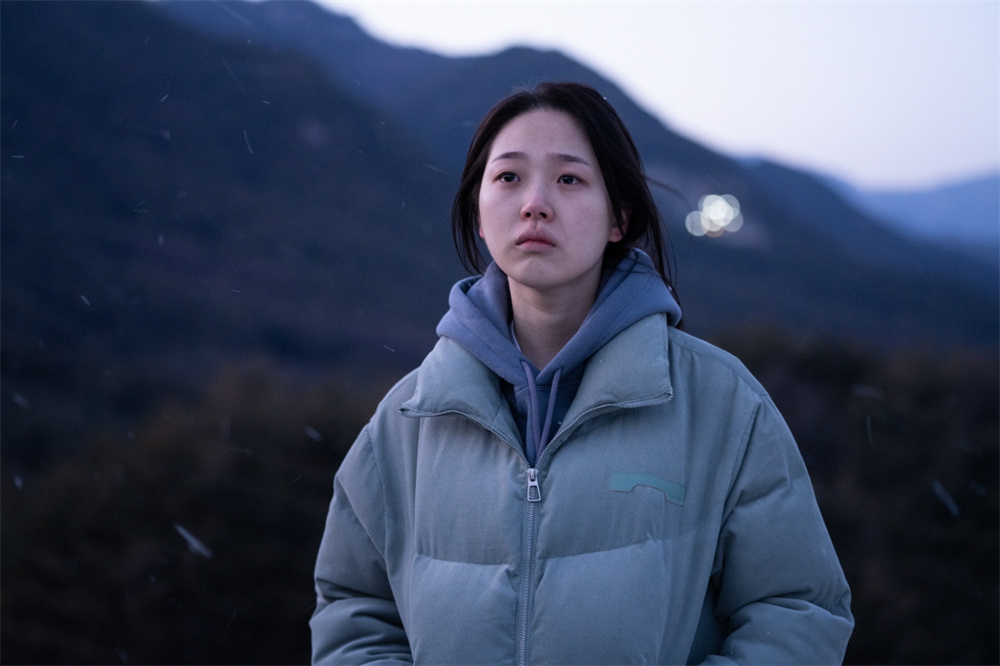
Stills of "The Next So Hee"


